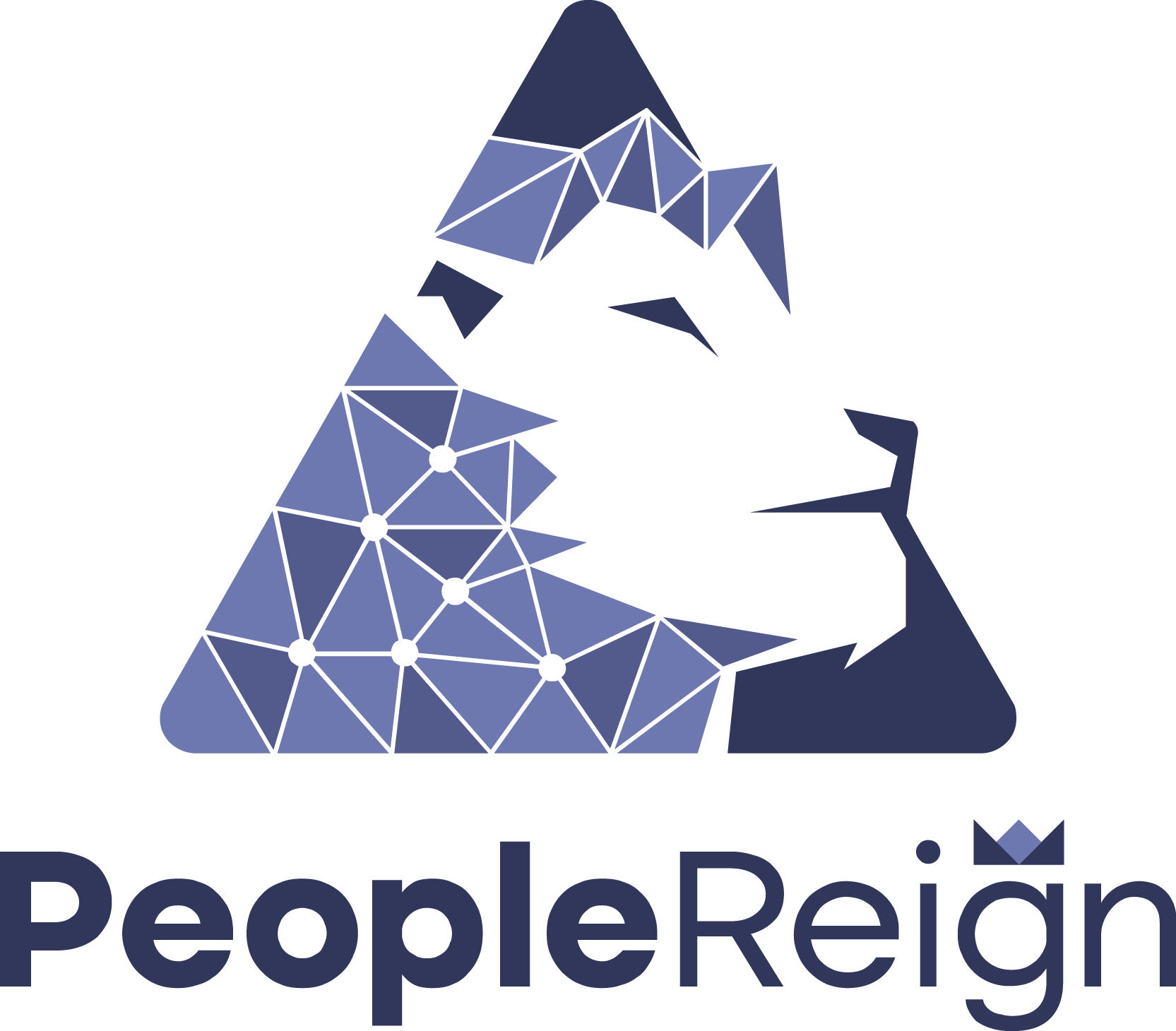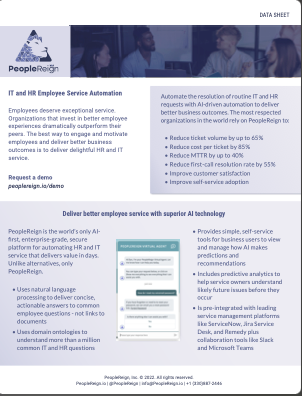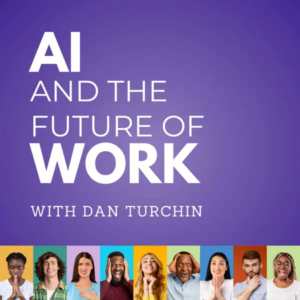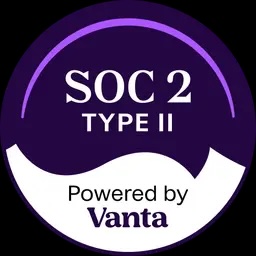What 250 CIOs are doing to combat The Great Resignation
Register for the live event to receive the full research report (a $199 value) for free.
The pandemic has forced us all to reconsider our priorities. We’re no longer shackled to an office. We realize life can be fragile. We expect to enjoy work and won’t tolerate environments that make it difficult to be our best selves. More than ever, we feel empowered to live every day, love what we do, and seek personal fulfillment beyond a paycheck.
It’s against this backdrop that Anthony Klotz, Organizational Psychologist at Texas A&M University, labeled the recent, historic rise in job mobility as The Great Resignation. Between August and October 2021, a record 12.8 million American workers quit their jobs.
An Opportunity For Leaders
The confluence of record low unemployment (currently 3.9% down from 14.7% in April 2020), record high inflation (currently 7.04% vs. a historical average of 3.2%, up 417% in the past 12 months), and the prospect of a third pandemic year have emboldened workers to demand more at work.
All of which explains the results of a recent Joblist survey of 20,000 job seekers that, among other things, revealed 74% of full-time employees and 51% of part-time employees plan to quit this year. According to McKinsey, 58% of workers are actively looking to make a change. According to Gallup, the cost of replacing an existing employee is one and a half to two times the cost of the employee’s annual salary.
As a leader in your organization, you have a unique opportunity to make your company the place employees love to work and the place those leaving good jobs want to be. We interviewed 250 CIOs about what they’re doing to create exceptional employee experiences. What they said is fascinating… and it transcends the pandemic and The Great Resignation.
Do These Four Things
Teams experiencing the lowest rates of attrition do these four things better than everyone else:
- They trust employees
Make “trust” more than a company value. Revisit policies and ensure trust is embedded in company culture. Employees who feel trusted are more creative, work longer hours, recruit their friends, and are less likely to quit.
From the research report:
“We made hybrid work permanent and we started offering unlimited PTO. We encourage employees to take mental health breaks when needed. We ask for a lot from our teams. By demonstrating we believe they’ll exercise good judgment and get their work done, we make it clear we trust them.”
- They respect employees
Workers whose success is celebrated and whose values are embraced are much less likely to leave. Every team member expects to feel welcome and appreciated. One of the best ways organizations demonstrate respect is by hiring diverse teams and sharing stories about different cultures, backgrounds, and world views and why they contribute to better team performance.
From the research report:
“We show what it means to respect employees by celebrating diversity. We ask team members to post photos and stories about their cultures and traditions to the internal social network. We recently had a cross-functional group perform a Bollywood dance in beautiful Indian costumes. 5,000 employees from around the world joined the live stream!”
- They value employee time
Eliminating friction when employees need help at work is an essential way to show you value their time. The best way to keep employees engaged and motivated is to treat everyone like a VIP. Using automation technology and AI to fix IT problems and answer HR questions without the need for long hold times improves productivity and reduces downtime. Less downtime means more time employees can spend with family and friends being the best versions of themselves.
From the research report:
“We replaced a traditional knowledge base with conversational AI. Employees describe what they need using natural language and the bot answers questions, orders hardware and software, and takes action to fix problems. Now, there’s no need to submit a ticket to reset passwords or get added to a distribution list. It’s the single best way we’ve used technology to show we genuinely value employee time.”
- They support the whole employee
The whole employee consists of both work life and home life. Understanding how home life contributes to work life is an essential part of reducing attrition. Employees who feel supported are less likely to be distracted or frustrated. The best performing organizations actively support employees outside work and deliver better outcomes as a result.
From the research report:
“Our employees have lives outside work. They’re caring for elderly parents, home-schooling kids, and helping friends. We want every employee to feel fulfilled outside work just like we help them feel fulfilled at work. To do that, we’ve invested in technology that gauges employees mental health. We provide interactive tutorials on topics like meditation, substance abuse, and anxiety because we care about the whole person – not just the work product.”
Combat The Great Resignation
Employees want to do the best work of their lives. As a leader, it’s your job to create a safe place free of friction where that can happen. To combat The Great Resignation, the single biggest way to remove friction from work is ensuring every employee feels trusted, respected, valued, and supported.
Join PeopleReign on February 3 for a discussion about key findings from the CIO survey. Just for registering, you’ll receive a copy of the full research report (a $199 value). Thanks to great partner Thirdera for sponsoring the event. Reserve your spot here.
